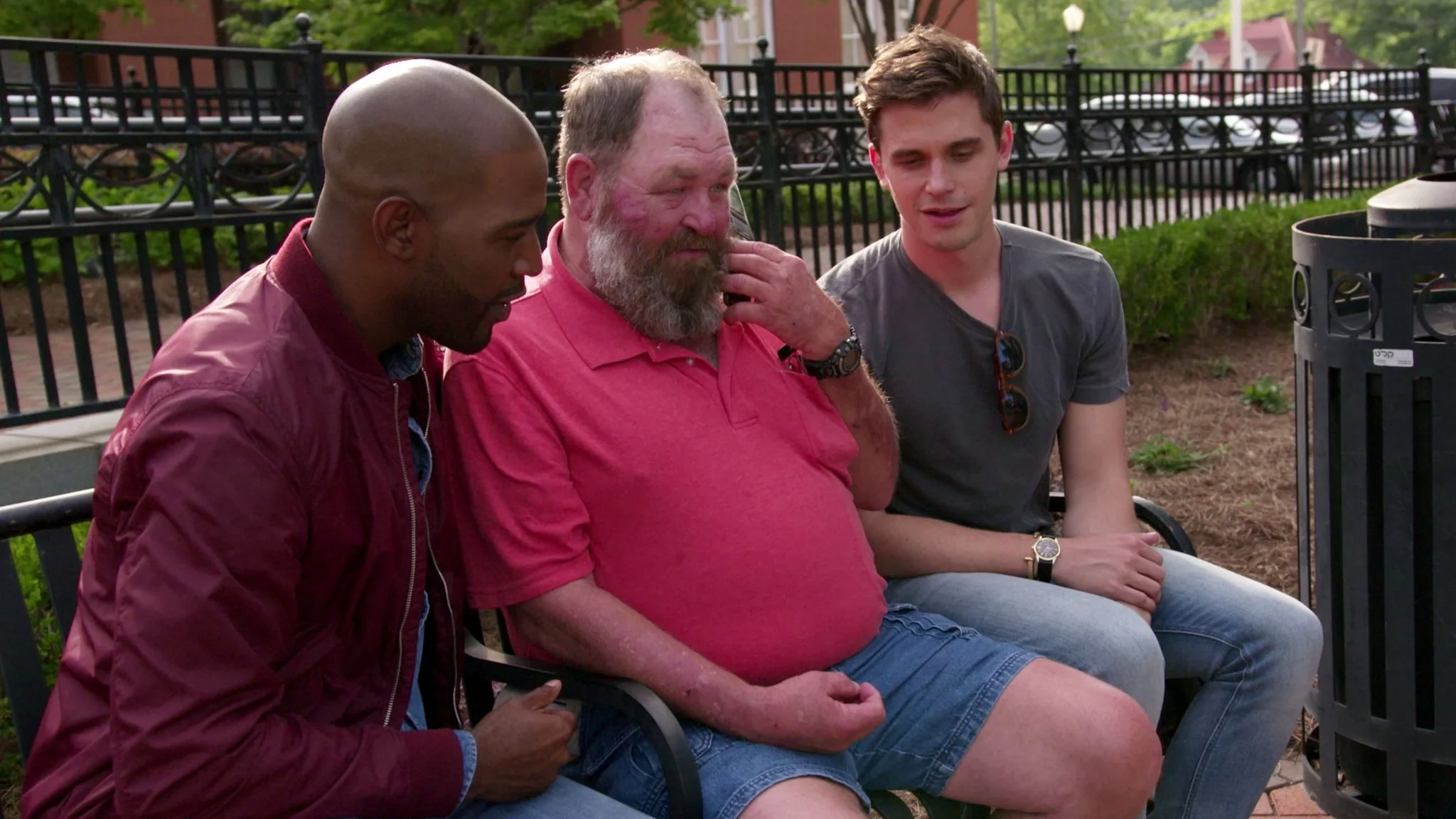With the Winter Olympics and My Next Guest Needs No Introduction, we’re seeing media shift before our eyes.
#Olympics
I’ve watched maybe 30 minutes total of the Winter Olympics this year. That said, thanks to social media, I’ve still seen every clip of an American winning a medal so far. The relentless onslaught of push notifications and tweets have made the Pyeongchang Winter Games hard for anyone to ignore. Not that I’m trying to – I enjoy the Olympics, and, like most of us, I rarely watch live TV anymore, so I appreciate being able to quickly scan the highlights.
I think NBC gets this, the fact that the way we consume media has changed, and has made an appropriate shift in making the Olympics something you share on Facebook rather than something you set your DVR for (remember DVR?) In the age of the GIF, I can watch miraculous figure skating spins (as well as spills) in a beautiful 4 second clip. It’s the crowning achievement for an athlete’s entire career, the moment they’ve been working toward their entire life, all summed up in a looping animation that plays as I scroll through my news feed. It’s bizarre, and kind of weirdly sad, and of course: amazing.
A big reason for this shift is the fact we live in the age of spoilers: in the old model, news of the event winners would inevitably leak on Twitter long before NBC airs the event in primetime. This year, however, NBC has been streaming events live online and syncing their TV broadcasts to live events. The big social media push is also an attempt to promote viewership and increase interest – the Pyeongchang Games are down 10% in viewership from Sochi’s 2014 Winter Games. The Olympics will always be the pinnacle of athletic success – it’s a pillar of our global society – but it’ll be up to broadcast networks and the Olympics committee to adapt to the way we consume our media to ensure that the games stay relevant. So thank you, Olympic athletes, for giving me something to watch on my phone while I wait in line for the bathroom.
The Return of David Letterman
Following in the footsteps of Chelsea Handler, David Letterman has forgone broadcast television altogether and gone straight to Netflix with his new talk show. However, his new show, My Next Guest Needs No Introduction, does take a different approach: it’s a cross breed of talk show, documentary, and miniseries, and only two episodes in, has been fascinating to watch so far.
My Next Guest Needs No Introduction will only release 6 episodes a season, and one episode a month. That sort of deliberate scheduling means that whatever Letterman, who officially retired in 2015 just, I think, to grow that magnificent achievement beard, brings must be high-caliber, both in terms of guests, production, and conversation. Being as his two guests were Barack Obama and George Clooney, I’d say he’s hitting the mark. The rest of the season, by the way, will feature Malala Yousafzai, Tina Fey, Jay Z, and Howard Stern.
The guests are certainly doing a lot of heaving lifting. And with guests no longer tied to the obligatory promotion of a film or project, Letterman can engage them in leisurely conversations, which is obvious from the moment Obama sits down on stage in the premiere episode (feeling more like Inside the Actor’s Studio than Late Night) and they both start talking about their retirement. It sets the tone for the conversation: two icons who are now on the other side of the peak of their careers, enjoying the ability to talk without agenda.
The interviews are also segmented by pre-recorded bits that are timed perfectly to elaborate on whatever topic is at hand. For example, when Letterman asks Obama about the civil rights movement, we jump into a segment where Letterman visits US representative John Lewis while walking on Alabama’s Edmund Pettus Bridge in Selma, talking about the historic 1965 march. Then it cuts back to Obama, praising Lewis’ bravery during the Selma march.
Letterman takes the same approach in Clooney’s episode – when talking about his wife Amal, a human rights lawyer, the interview breaks to show Letterman visiting Clooney’s hometown and meeting the young Iraqi refugee they helped resettle after his town was destroyed by ISIS fighters. It adds depth to an otherwise still-lovely conversation between two charming men, but now Letterman has a platform for bigger issues. I’m sure we’ll see this trend continue for the remaining four episodes (I’m particularly excited for Malala’s episode next month) and I’m glad to see Letterman back in a deliberate, well-executed format.
header image: garry knight / flickr



